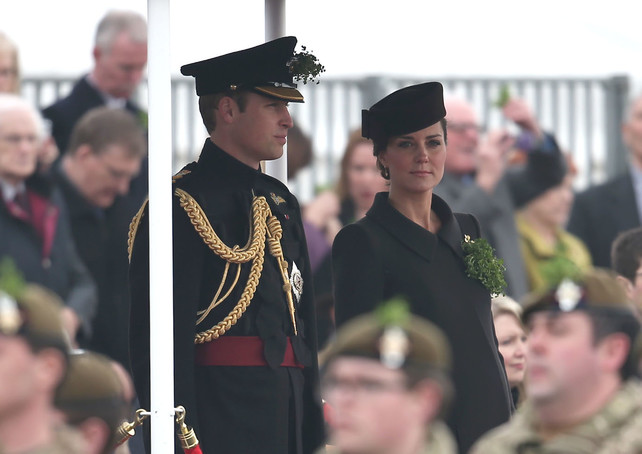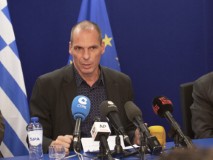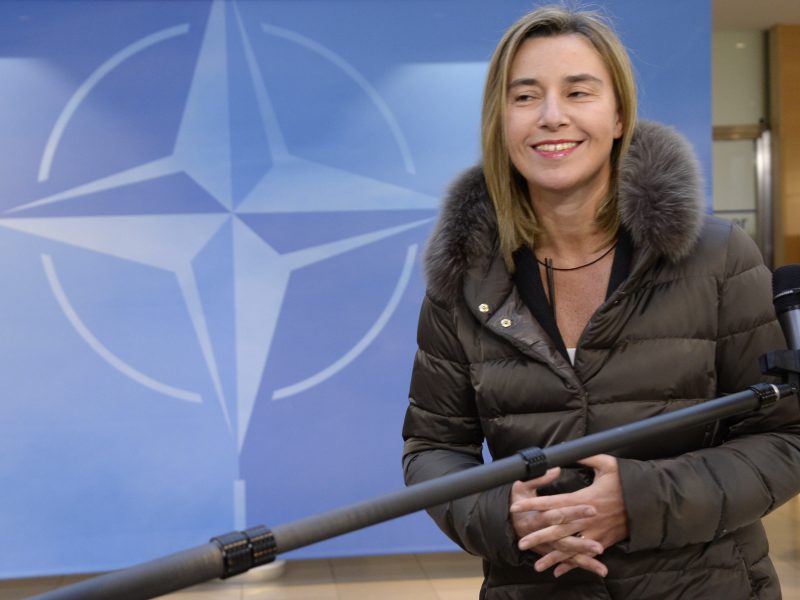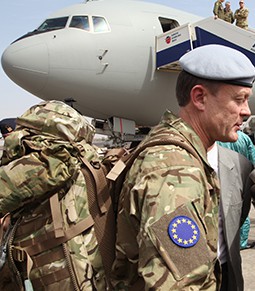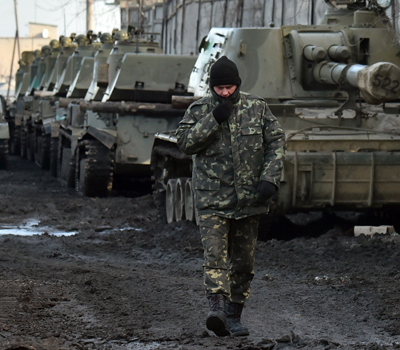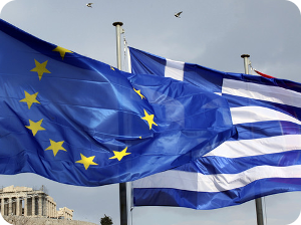Duke and Duchess of Cambridge celebrate St. Patrick’s Day
Eight-month pregnant Duchess of Cambridge has reappeared again in the public scene after weeks of rest. The St. Patrick’s Day parade has been the time chosen by Kate and William, whom visited the Irish Guards at Mons Barracks, Aldershot. The Duchess was stunning with her Catherine Walker coat and a hat by Lock & Co….

